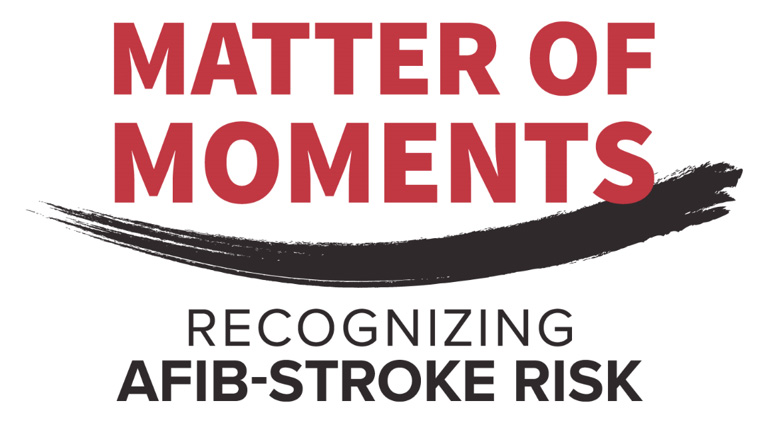AFib can present as anything from occasional shortness of breath to dizziness to heart palpitations (though in some cases, patients can also be asymptomatic), and can lead to blood clots, strokes, and more. And for individuals with AFib, there’s a five times greater chance for stroke than those with regular heartbeats.
A 2014 survey conducted by the Heart Rhythm Society and National Stroke Association showed that of 248 AFib patients with no history of stroke, 32 percent could not describe the most common stroke symptoms and 64 percent were aware that AFib is associated with a higher risk of stroke.
As our country’s population ages, the number of cases of AFib is expected to increase. While only about 2 percent of people younger than 65 have AFib, an estimated 9 percent of those over 65 have this condition and in a study, it was projected that AFib would affect approximately 12 million Americans by 2030.




